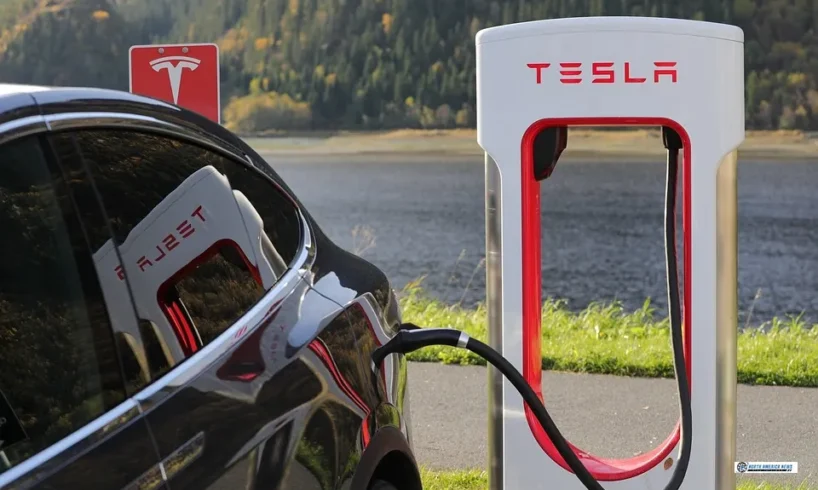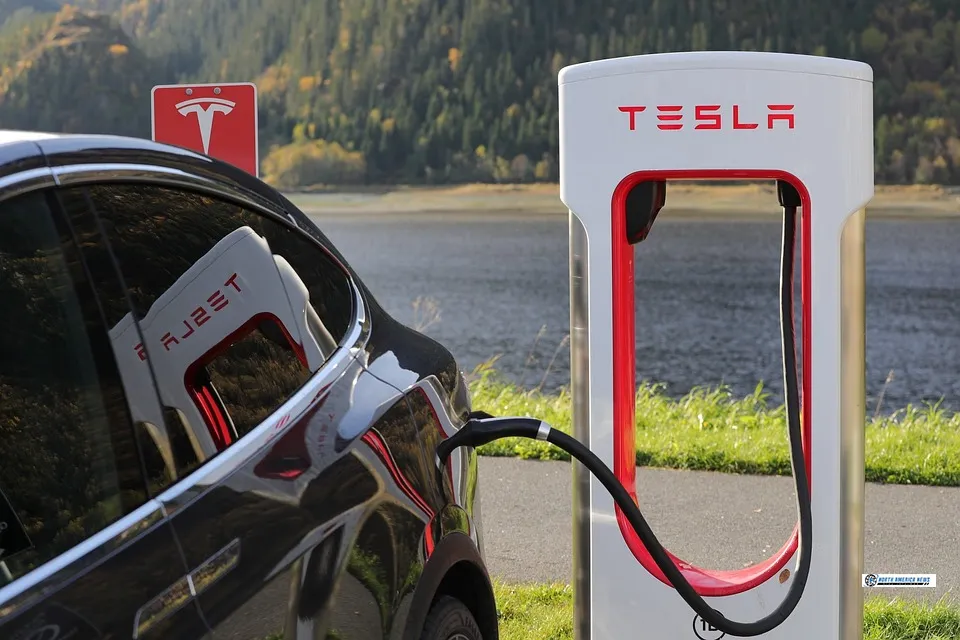
Tesla Inc., the electric vehicle giant, is at the center of analysts’ debates following its disappointing fourth-quarter delivery report. The company, led by CEO Elon Musk, announced figures that fell short of expectations, leading to divided opinions on its stock’s future. This development has affected Tesla’s market valuation and stirred broader discussions about the electric vehicle market’s trajectory.
Tesla’s Q4 Delivery Figures: A Disappointing Reveal
On January 2, 2025, Tesla reported its fourth-quarter delivery numbers, revealing a shortfall that caught many investors off guard. The company delivered 405,000 vehicles in the last quarter of 2024, missing analysts’ forecasts of around 420,000. This announcement came from Tesla’s headquarters in Palo Alto, California, and immediately impacted its stock price, which saw a significant drop, reflecting investor concerns.
The delivery numbers are crucial as they are a key indicator of Tesla’s sales performance and market demand. This shortfall has raised questions about the company’s production capabilities and ability to meet growing demand in a competitive market. The figures were particularly concerning given the increased competition from other automakers entering the electric vehicle space.
Market Reaction: A Hit to Tesla’s Stock
Following the announcement, Tesla’s stock saw immediate repercussions. On January 3, the day after the delivery report, Tesla’s shares dropped by more than 5% in early trading. This decline contributed to the S&P 500’s overall losses despite gains in other sectors.
Analysts are divided on what this means for Tesla’s stock in the longer term. Some view the dip as a temporary setback, noting Tesla’s strong brand and technological advancements as reasons for optimism. Others see it as a sign of potential struggles ahead, suggesting that Tesla may face challenges in maintaining its market dominance amidst increasing competition and production hurdles.
Analysts’ Diverging Views: Optimism vs. Caution
The mixed delivery results have divided financial analysts. Some remain optimistic, citing Tesla’s innovative edge and the potential for growth in emerging markets. “Tesla continues to lead in battery technology and autonomous driving, which could drive future growth despite this quarter’s setback,” said Morgan Stanley analyst Adam Jonas.
Conversely, more cautious voices warn that the delivery miss could indicate more profound issues. “The missed targets highlight the production and supply chain challenges that Tesla faces, which could be exacerbated by rising competition,” noted Wedbush Securities analyst Dan Ives. These differing perspectives reflect the broader uncertainty surrounding Tesla’s future performance and the evolving landscape of the electric vehicle industry.
Broader Implications for the EV Market
Tesla’s delivery figures and the subsequent market reaction concern the company and the electric vehicle sector as a whole. As a leading player in the EV market, Tesla’s performance often serves as a bellwether for the industry. The shortfall has raised questions about whether the rapid growth of electric vehicles is sustainable and how other automakers might capitalize on Tesla’s potential vulnerabilities.

The competition in the EV market is intensifying, with traditional automakers like Ford and General Motors ramping up their electric vehicle offerings. New entrants like Rivian and Lucid Motors also want to capture market share. This competitive pressure could pose significant challenges to Tesla’s market leadership if it fails to address its production and delivery issues effectively.
Looking Ahead: Challenges and Opportunities
As Tesla navigates the aftermath of its Q4 delivery report, it faces challenges and opportunities. The shortfall underscores the need for Tesla to enhance its production capabilities and streamline its supply chain to meet market demand. Moreover, the company must continue to innovate and maintain its technological edge to fend off growing competition.
Despite the current setbacks, analysts debate Tesla’s long-term prospects. The company’s ability to adapt and overcome these challenges will determine its future trajectory. As the electric vehicle market evolves, investors and industry observers will closely watch Tesla’s performance.
Tesla’s Q4 delivery shortfall has sparked a range of opinions and reactions, highlighting the complexities and uncertainties of the electric vehicle market. As the company navigates these challenges, its decisions and actions will significantly affect its stock and the broader EV industry. Investors and analysts will be watching closely to see how Tesla responds to these developments and what it means for the future of electric mobility.

Carl Riedel is an experienced writer focused on using Open Source Intelligence (OSINT) to produce insightful articles. Passionate about free speech, he leverages OSINT to delve into public data, crafting stories that illuminate underreported issues, enriching public discourse with perspectives often overlooked by mainstream media.






